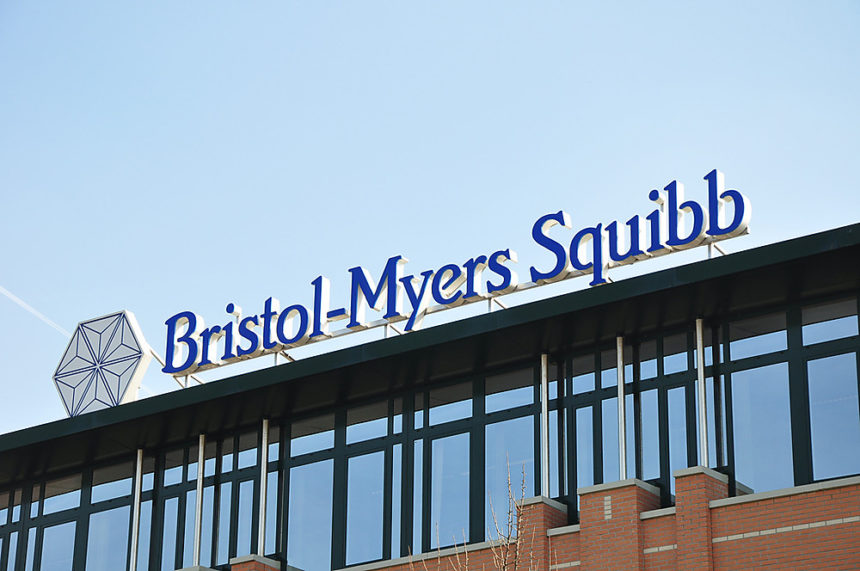News flowing from Bristol-Myers Squibb and Merck show the two companies may fight for elbow room among lung cancer patients with drugs that have already started building credibility in other indications.
Among the items of note: BMS halted Phase-III tests of Opdivo (nivolumab) after an independent data monitoring committee concluded results — improved overall survival on previously-treated advanced- or metastatic- squamous cell non-small cell lung cancer when compared to chemotherapy — were strong enough to halt testing.
Bernstein analyst Tim Anderson noted a categorical significance to the findings in a Monday research note, writing “this is the first demonstration of a survival advantage with a PD-1/PD L1 antibody in lung cancer compared to the current standard of care (chemotherapy).” Anderson added that BMS has yet to share how much time patients gained, but that a benefit of at least three months could be considered meaningful.
BMS also reported that the company planned on allowing the control group to switch to Opdivo. Leerink’s Seamus Fernandez wrote in a Monday research note that although this development was not surprising, the offer “implies a very positive overall benefit risk—likely with a solid safety profile consistent with historical data.” He also wrote that the company’s plan to share this data with health authorities could bolster its case with regulators who already have Phase-II data showing an overall response rate among previously advanced squamous cell non-small cell lung cancer patients. (BMS is submitting data on a rolling basis.) Fernandez wrote this data could potentially give BMS “a broader label including second-line lung cancer.” The Phase-II trial did not compare Opdivo to chemotherapy or any other treatment.
Merck’s Breakthrough Therapy Keytruda (pembrolizumab) also grabbed attention Monday, when the drugmaker announced its plans to submit the drug for epidermal growth factor receptor mutation-negative and anaplastic lymphoma kinase rearrangement-negative non-small cell lung cancer patients by mid-2015. Fernandez wrote in a separate research note that Merck’s news keeps the company “on BMY’s heels” and that he expects the FDA will pursue accelerated approvals for both company’s drugs. BMY is the company’s stock symbol.
Although the news pits the two companies against one another, Anderson noted that there are some differences. Among them: Keytruda may have a possible advantage over Opdivo because its initial lung cancer label will probably be three times as broad as the one BMS will likely garner. Howeve, he also noted that BMS has overall survival data for its patients group, while Merck is currently relying on overall response data, with OS information to come.
Despite the announcements, Anderson wrote that today’s news isn’t prompting his firm to modify its forecasts— Opdivo at $500 million and Keytruda at $900 million in 2015. Nor does it change projections for the shift his group anticipates by 2020, by which point his firm believes Opdivo will edge out Keytruda because of a broader PD-1 development program.
The fallout also has potential implications for AstraZeneca and Roche, who are also seeking to carve out space in the immuno-oncology field: Fernandez wrote Monday that full approvals for BMS and Merck could “remove the possibility” that AstraZeneca’s candidate could score an accelerated filing.








